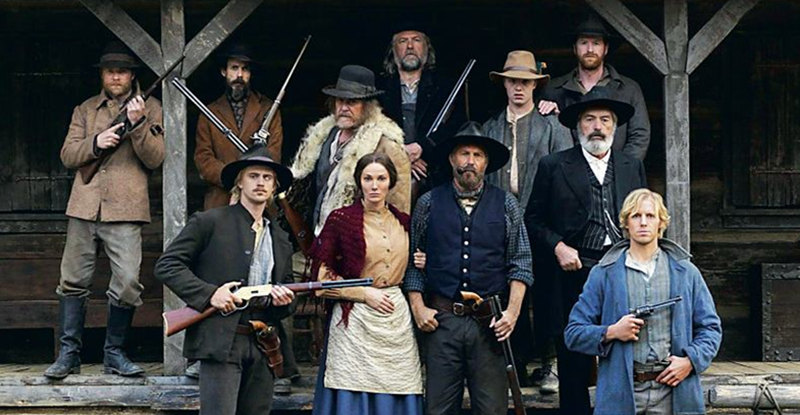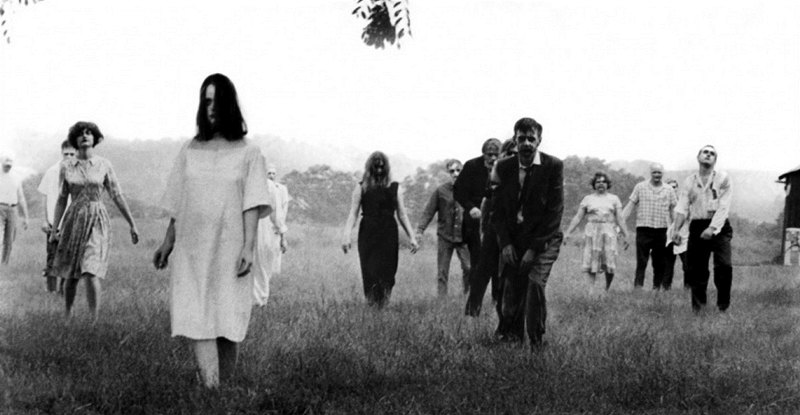He was only 5’9,” but he stood taller because he was a Barrymore.
Contemporary moviegoers know John Barrymore as the grandfather of Drew, and the two of them share this much in common: they struggled with alcohol, and their early careers were spent on light entertainments that made them extremely popular.
John was the brother of Lionel and Ethel Barrymore, all of them offspring of Broadway actor Maurice Barrymore and actress Georgiana Drew. It was a rocky marriage, and Maurice’s drinking and numerous affairs took a toll. When she died, theater lore has it that she exclaimed, “Oh my poor kids, what shall ever become of them!” In the case of John, what became of him is that his father left him and Lionel on his Long Island farm for an entire summer while he toured, in the care of a servant who fed the animals. Ironically, it was the happiest time in the troubled actor’s life.
The loathing John felt for his father comes across loud and clear in “Barrymore,” essentially a one-man show with Christopher Plummer wandering the stage as the famed actor. Based on a play by William Luce that was produced on Broadway in 1997, “Barrymore” earned a Tony Award for Best Performance by a Leading Actor in a Play.
That actor was Plummer, and the 2011 film “Barrymore” feels like an encore, though the director, costumer, production designer, and the actor who plays a stagehand off-camera are all different. Plummer captivated Broadway audiences with this tour de force, and he does so again some 14 years later in the film version. With or without an audience, Barrymore owned the stage, and so does Plummer, who seems to especially relish “inside” jokes about Barrymore’s age- and alcohol-depleted memory. At 84 minutes, this is one LONG monologue, and Plummer doesn’t falter unless the script calls for him to do so.
The premise is simple, but the execution complex. The elderly Barrymore, obviously ravaged by years of hard living, is intent on a comeback. He rents a theater for one night in order to rehearse Richard III for a backer’s performance. Ostensibly, it’s his attempt to get back to serious acting one final time. Barrymore arrives before Frank (John Plumpis), who is to run lines with him and whom we only glimpse in the wings. Over the course of a long rehearsal, Barrymore spars with Frank over lines, swordfights with an imaginary foe, mixes drinks onstage, sings bawdy songs and limericks as they occur to him, performs Shakespearian monologues, rants against his father, reveals family history and incidents, rattles a few skeletons in his own closet, and reconsiders his long and storied career. That requires Plummer to cover a wide range of emotions and to shift gears quickly and with the logic that comes from stream-of-consciousness “triggers.” In this, he’s superb.
To augment the stage monologue and presumably break things up a bit, director Erik Canuel opts to incorporate flashback segments cleverly made to look like extensions of the stage—as when Barrymore waxes rhapsodic over a trip to Italy he took with a playwright friend, and one wall in the theater opens up to illustrate his interior thoughts.
“Barrymore” works as well as it does because of Plummer, who makes you believe he’s really John Barrymore not long into the film.
Video:
Normally HD detail is most evident in close-ups, but in “Barrymore” there’s plenty of it in the medium and long shots as well—astounding, if you think about it, considering the half-lit stage and the carefully modulated shadows. Colors are also strong and natural-looking, despite browns and dark tones dominating. As for the transfer, I saw no compression issues with the AVC/MPEG-4 conversion. “Barrymore” is presented in 1.78:1 aspect ratio.
Audio:
The audio is an admirable showcase for Plummer’s deep theatrical voice, and years later film historians will look to “Barrymore” as evidence of Plummer’s own status as perhaps the greatest classical dramatic actor of his generation. The English DTS-HD MA 5.1 (48kHzx/24-bit) delivers rich sound, even when the sound is little more than the shuffling of Plummer’s feet on the stage, or the wheels of a drink cart. The only subtitles are English SDH.
Extras:
There’s but one bonus feature: “Backstage with Barrymore,” an hour-long documentary that spans both the play and the film, with even playwright Luce appearing among the talking heads. The focus is appropriately as much on Plummer as it tis on Barrymore.
Bottom line:
As with Hal Holbrook’s “Mark Twain Tonight,” it’s easy to appreciate the incredible effort it takes to pull off a one-man show. But entertainment and appreciation are too very different things. Think about people you’ve sat next to on an airplane who’ve rambled on about all aspects of their life, and you get the picture. Plummer is phenomenal, but be warned: you really have to like one-person shows in order to enjoy this 84-minute tour de force.


